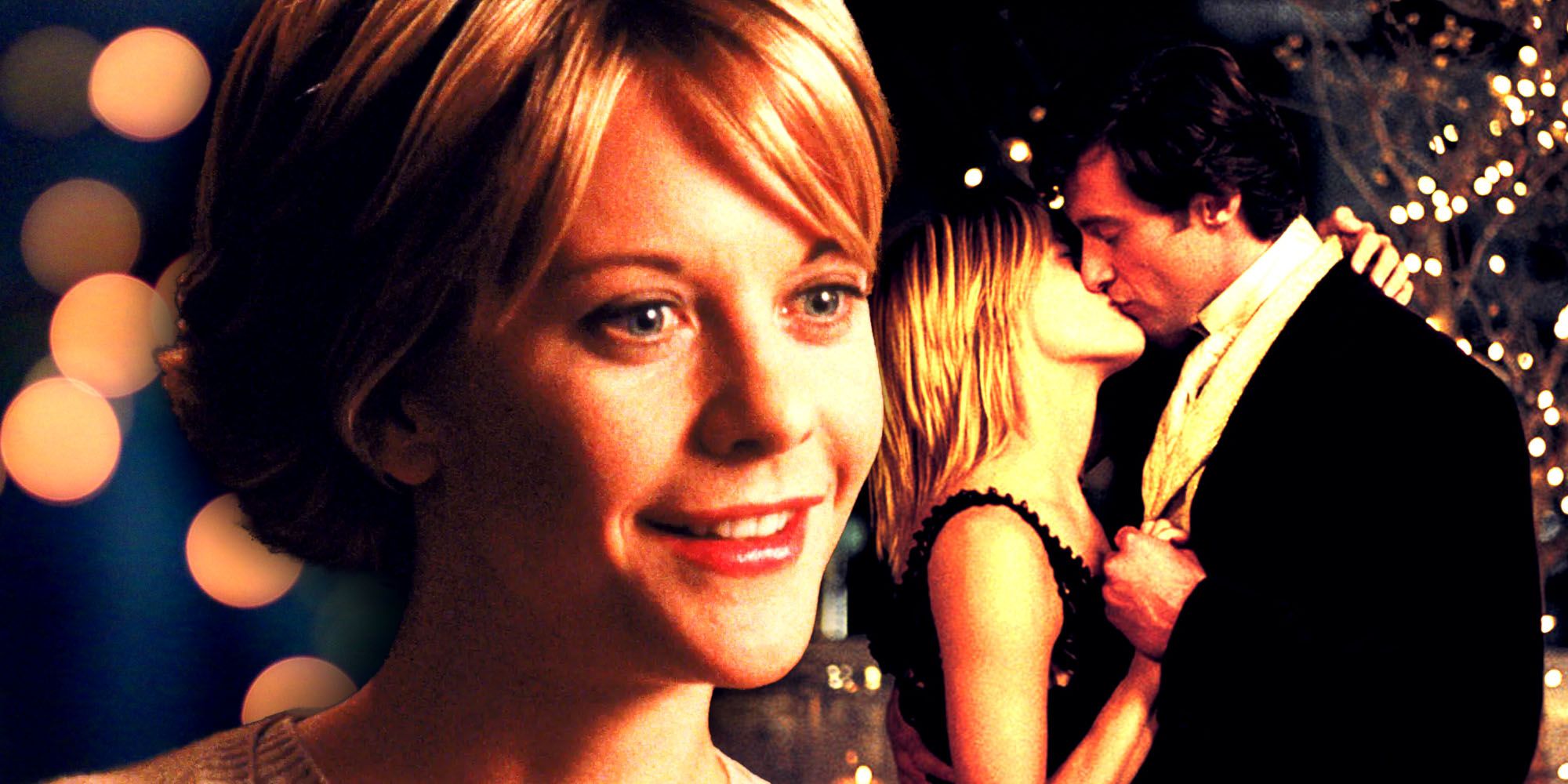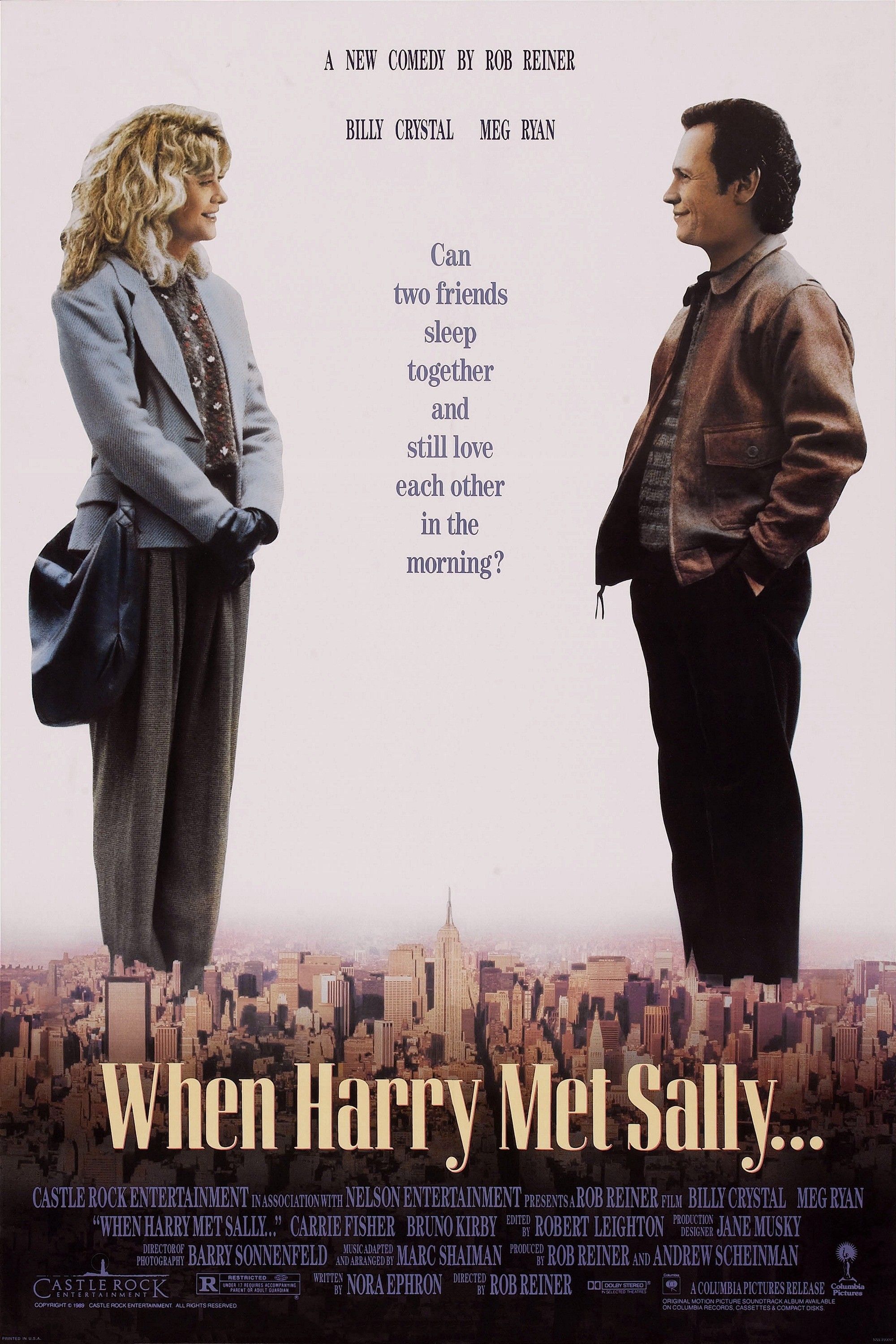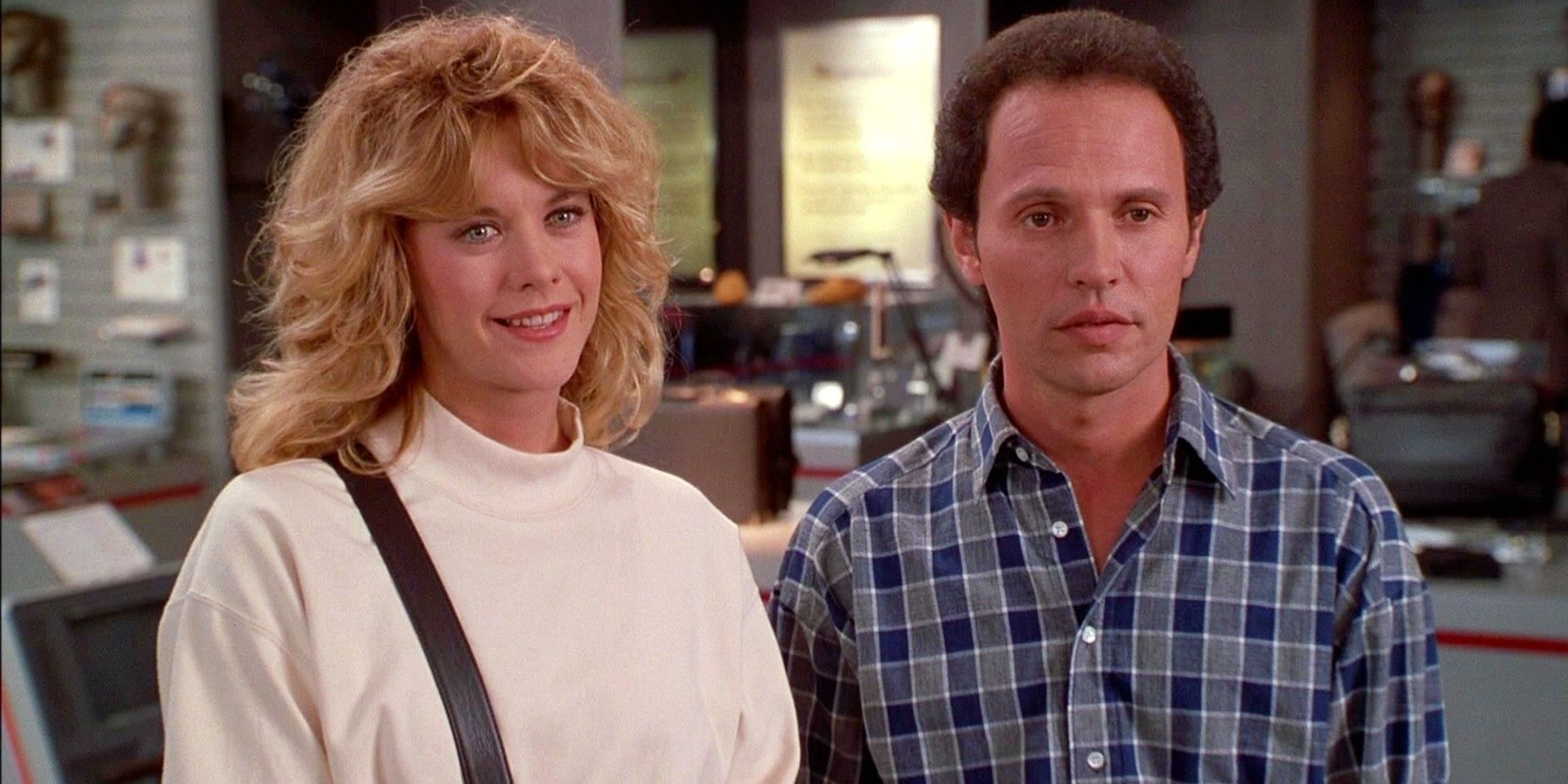Summary
- The original ending of
When Harry Met Sally
was Harry and Sally not ending up together, but it was changed to show a happy romantic ending. - Director Rob Reiner’s personal experience of meeting his wife influenced the change in the film’s ending, creating a more positive message and legacy.
- The film’s new ending emphasizes honesty and frank discussions leading to love, setting a standard for romantic comedies to follow.
When Harry Met Sally director Rob Reiner explains why the beloved 1989 film originally had a different ending. The story of Harry Burns (Billy Crystal) and Sally Albright (Meg Ryan), and the gradual evolution of their relationship, remains one of the most celebrated romantic comedies of all time. The romantic and comedic elements remain timeless, and the relatable dialogue is well-written. At the time, the film was also groundbreaking for its candid discussions about sex from both men’s and women’s perspectives.
While speaking with CNN, Reiner discusses When Harry Met Sally‘s original ending and explains why it was ultimately scrapped. The ending in the finished version of the film sees Harry going to Sally at a New Year’s Eve party and expressing his love for her in a memorable speech, culminating in a kiss and the two characters getting married three months later. Check out Reiner’s explanation of why the ending changed below:
The original ending of the film that we had was that Harry and Sally didn’t get together. Because I had been married for 10 years, I’d been single for 10 years, and I couldn’t figure out how I was ever going to be with anybody. And that gave birth to When Harry Met Sally.
And I hadn’t met anybody, so it was going to be the two of them seeing each other after years, talking, and then walking away from each other. I met my wife Michele, who I’ve been married to now 35 years. I met her while we were making the film, and I changed the ending.
When Harry Met Sally’s Original Ending Would’ve Changed Its Message & Legacy
Reiner’s reason for changing When Harry Met Sally‘s ending may have been personal, but it ultimately changed its message and legacy for the better. If Harry and Sally didn’t end up together, the romantic comedy arguably would’ve been sending the message that men and women can’t be together if they have candid discussions about sex and other topics that are at times difficult to discuss. It may have also sent a message that friendship between men and women can’t evolve into a genuine and lasting romantic relationship.


Every Meg Ryan Rom-Com, Ranked
Meg Ryan is a quintessential figure in romatic comedies, so it’s no surprise that she’s been a part of so many. Here are Meg Ryan’s rom-coms ranked.
These negative messages would’ve changed When Harry Met Sally‘s legacy and the future of the romantic comedy genre for the worse. Concluding a romantic comedy without the leads ending up together would’ve become the movie’s legacy, a needlessly subversive and pessimistic ending that would’ve overshadowed the comedy and other strong elements in the story, including the infamous and hilarious diner scene in which Sally demonstrates how a woman’s pleasure can be easily feigned.
Instead, When Harry Met Sally shows how honesty and frank discussions between romantic partners can eventually lead to a happy ending. As Harry and Sally discovered in their story and as Reiner discovered in his own life, it often takes time, is rarely a straightforward journey, and requires the right person, but a happy romantic ending is possible in both fiction and in reality. When Harry Met Sally‘s ending makes it a romantic comedy classic that paved the way for some of the best stories that have emerged since in the genre.
Source: CNN


When Harry Met Sally
Written by Nora Ephron and directed by Rob Reiner, When Harry Met Sally chronicles the life and relationship of Harry Burns and Sally Allbright, who meet just after college on a road trip to New York City and begin a decade-long relationship that slowly evolves from friendship to true love. Billy Crystal and Meg Ryan star as Harry and Sally, with a further cast that includes Carrie Fisher and Bruno Kirby.
- Director
- Rob Reiner
- Release Date
- July 21, 1989
- Studio(s)
- Columbia Pictures
- Distributor(s)
- Columbia Pictures
- Cast
- Bruno Kirby , Meg Ryan , Carrie Fisher , Steven Ford , Billy Crystal
- Writers
- Nora Ephron
- Runtime
- 95 minutes
- Budget
- $16 million
This story originally appeared on Screenrant

